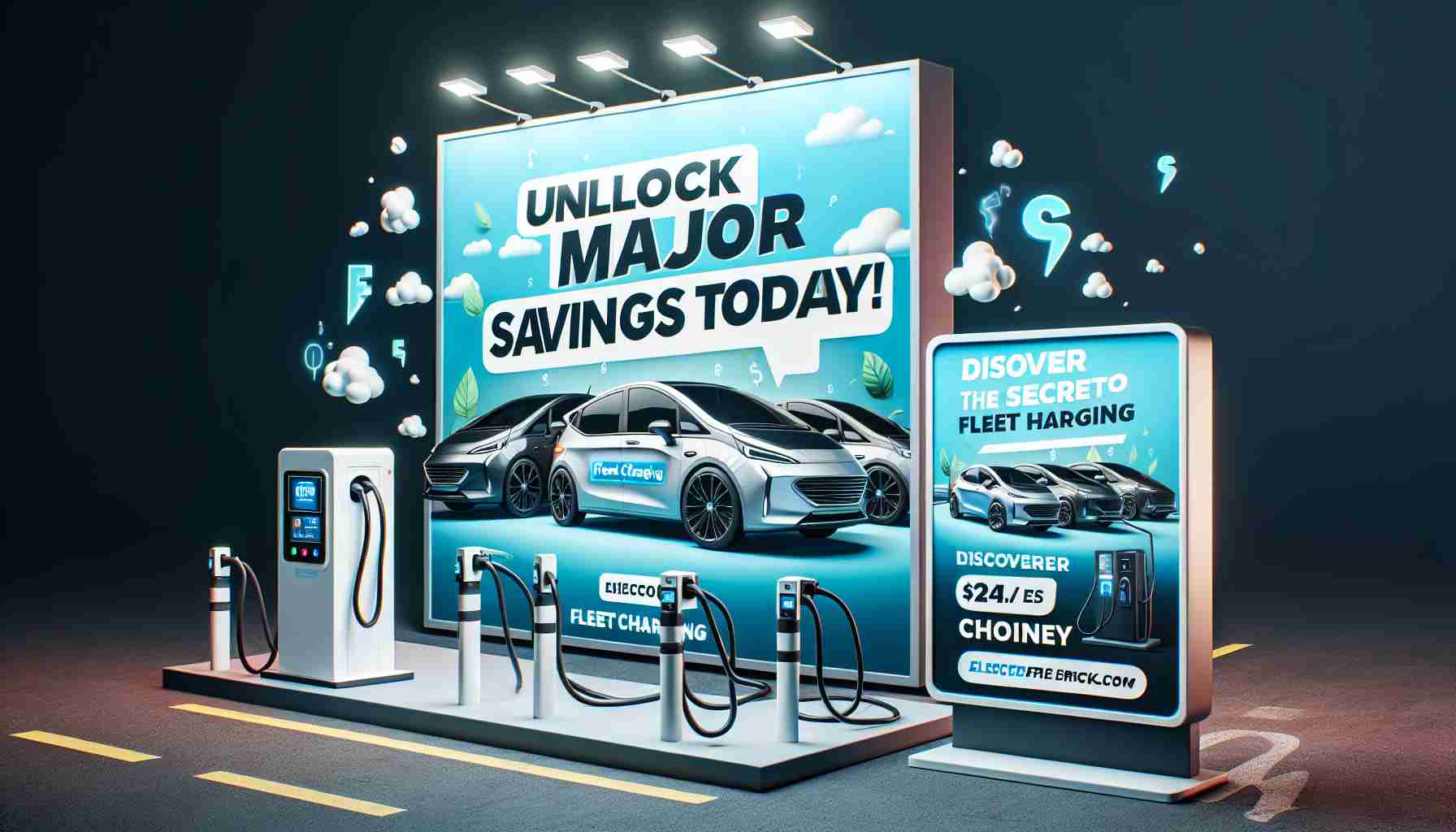Navigating Electricity Price Fluctuations for Heavy-Duty Fleets
Electricity prices can fluctuate significantly, presenting a unique set of challenges and opportunities for heavy-duty vehicle fleet operators. In the Nordics, the recent market shifts demonstrate the potential for substantial savings through strategic charging solutions.
Operators can effectively reduce costs by optimizing their charging schedules. Charging during off-peak hours allows businesses to take advantage of lower electricity rates. Additionally, aligning vehicle charging with periods when renewable energy is abundant maximizes sustainability while also saving money.
Another critical component is enhancing overall fleet efficiency. Ensuring vehicles are charged during the most cost-effective times means that operators can meet their operational needs without incurring unnecessary expenses. Research shows that by implementing an optimized charging system amidst fluctuating prices, fleets can see reductions in their electricity bills of up to 30-50% in just one day.
Tenix is at the forefront of this transformation, equipping fleet owners with intelligent charging solutions that utilize advanced algorithms and real-time market data. This proactive approach helps businesses not just survive in a volatile pricing landscape but thrive.
As electricity prices continue to shift, adopting smart charging strategies can turn these fluctuations into profitable opportunities, allowing fleet operators to maintain a competitive edge in an electrified transportation market.
The Broader Implications of Smart Charging Solutions
The ongoing transition to electric heavy-duty fleets is not just a matter of operational efficiency—it carries significant implications for society, culture, and the global economy. As industries move towards electrification, the reduction in fossil fuel reliance can reshape energy consumption patterns worldwide. This shift could spur investment in renewable energy infrastructure, leading to job creation in sectors such as solar and wind energy while promoting energy security through diversified sources.
Moreover, optimally scheduling electricity usage can yield substantial environmental benefits. By charging vehicles when renewable energy is abundant, fleet operators contribute to a decrease in carbon emissions, aligning with global sustainability goals. This transition supports initiatives like the Paris Agreement and could play a pivotal role in reducing urban air pollution, enhancing public health outcomes.
Long-term, these trends suggest a future where smart grids and energy storage solutions become mainstream, allowing for greater efficiency and stability in energy distribution. This transition poses potential challenges in regulatory frameworks and economic disparities, particularly as governments must address the infrastructural needs of an electrified transportation ecosystem. Thus, while the immediate impact of smart charging solutions is clear, their long-term significance could redefine economic and environmental paradigms across sectors.
Unlocking Cost Savings: Strategic Charging Solutions for Heavy-Duty Fleets
Introduction
Heavy-duty vehicle fleet operators face significant challenges and opportunities due to the fluctuating prices of electricity. With careful planning and strategic charging solutions, these operators can not only minimize costs but also enhance sustainability and overall fleet efficiency. This article explores innovative charging methods, key benefits, and emerging trends that can help fleet operators navigate the financial landscape of electricity pricing effectively.
How to Optimize Charging Schedules
1. Identify Off-Peak Hours: Analyze local electricity pricing data to determine the most cost-efficient times for charging.
2. Utilize Automated Charging Systems: Implement technology that can automatically charge vehicles during off-peak hours or when renewable energy is plentiful. This ensures that charging aligns with the most affordable electricity rates.
3. Monitor and Adapt to Market Changes: Use real-time data to adjust charging schedules based on hourly price fluctuations.
Advantages of Strategic Charging
– Cost Reduction: By optimizing charging schedules, fleet operators can cut electricity expenses significantly, with research indicating potential savings of 30-50% in one day.
– Increased Sustainability: Charging during times of high renewable energy availability not only reduces costs but also minimizes the environmental impact, contributing to corporate sustainability goals.
– Enhanced Fleet Efficiency: Intelligently timed charging can lead to improved vehicle readiness and operational flexibility, ensuring fleet demands are met without incurring extra charges.
Key Features of Intelligent Charging Solutions
– Advanced Algorithms: Technologies such as those developed by companies like Tenix leverage sophisticated algorithms that analyze various data points to determine the best charging times and strategies.
– Real-Time Data Integration: Access to market data and electricity prices allows fleet operators to make informed decisions, adapting quickly to changes in the pricing landscape.
– User-Friendly Dashboards: Many solutions provide intuitive interfaces that enable fleet managers to monitor energy consumption and savings effectively.
Limitation Considerations
1. Initial Investment: Implementing advanced charging solutions may require significant upfront investment in technology and infrastructure.
2. Market Dependency: Savings can vary based on geographical location and local electricity market dynamics, which may limit the effectiveness of blanket strategies across different regions.
Current Trends and Future Insights
– Increased Adoption of EVs: The market for electric vehicles is expanding rapidly, leading to a higher demand for effective charging solutions. Fleet operators must stay ahead by adopting innovative management systems.
– Regulatory Changes: The transition toward electric fleets is often accompanied by new regulations and incentives aimed at supporting renewable energy use, making now an opportune time for investment into smart charging technologies.
– Sustainability as a Competitive Edge: Companies that focus on sustainable practices are likely to gain favor with consumers and stakeholders, emphasizing the importance of integrating cost-effective charging strategies within broader environmental initiatives.
Conclusion
Navigating electricity price fluctuations presents a unique challenge for heavy-duty fleet operators, but with strategic charging solutions, significant savings and sustainability improvements are well within reach. By leveraging technology and real-time data, operators can turn volatility into opportunity, ensuring they remain competitive in an evolving transportation landscape.
For more insights into fleet management and electric vehicle technology, visit link name.
